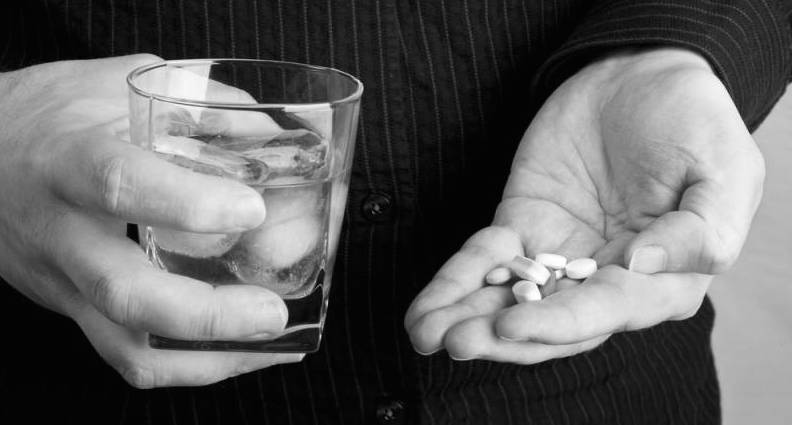
The “miracle pill”, baclofen has been on our radar for some time. Originally designed and widely used to treat muscle spasms it has been hailed by some as the cure for alcoholism. Like other harm reduction medications it has both supporters and detractors, but this new study from the Nederland provides some real evidence for the debate (always a good thing, debate and evidence).
Regular readers will know that whilst the Online Recovery Academy has an abstinence based approach to all addictions, including alcoholism, we are open to any other pathway to “recovery”, or any life change that an individual is seeking.
Like any medicinal intervention, whilst baclofen may reduce cravings and make not drinking easier, if drinking (or drug use) is done to mediate a problem then a medication aimed at stopping the mediation does little to address the problem.
For some alcoholics the problem might be as mundane as a low level anxiety, social or otherwise. The first few drinks ease the discomfort, but the drinking frequently continues with negative consequences. Obviously, there are many reasons for drinking (or using drugs), from delight in the euphoria to a desire for oblivion and all points in between. Relieving the resulting problem with medication does nothing to alleviate the root need, or the root belief, that alcohol is the solution.
Like methadone programmes for heroin addicts, if a prescription drug can just “hold” you where you are, is it a cure for alcoholism? What do you do next? Talk to someone?
Reading this article, and according to the material from the study, it seems that the “talking cure”, psychosocial treatment often referred to as addiction counselling, has a greater effect.
Our experience suggests the same, but we continue to monitor as many alternatives as we can.
